Paul Krugman, on economic lessons to be learned from the Great Depression.
Suddenly, everything old is New Deal again. Reagan is out; F.D.R. is in. Still, how much guidance does the Roosevelt era really offer for today’s world?
The answer is, a lot. But Barack Obama should learn from F.D.R.’s failures as well as from his achievements: the truth is that the New Deal wasn’t as successful in the short run as it was in the long run. And the reason for F.D.R.’s limited short-run success, which almost undid his whole program, was the fact that his economic policies were too cautious.
…
Now, there’s a whole intellectual industry, mainly operating out of right-wing think tanks, devoted to propagating the idea that F.D.R. actually made the Depression worse. So it’s important to know that most of what you hear along those lines is based on deliberate misrepresentation of the facts. The New Deal brought real relief to most Americans.That said, F.D.R. did not, in fact, manage to engineer a full economic recovery during his first two terms. This failure is often cited as evidence against Keynesian economics, which says that increased public spending can get a stalled economy moving. But the definitive study of fiscal policy in the ’30s, by the M.I.T. economist E. Cary Brown, reached a very different conclusion: fiscal stimulus was unsuccessful “not because it does not work, but because it was not tried.”
…
What saved the economy, and the New Deal, was the enormous public works project known as World War II, which finally provided a fiscal stimulus adequate to the economy’s needs.
…
The economic lesson is the importance of doing enough. F.D.R. thought he was being prudent by reining in his spending plans; in reality, he was taking big risks with the economy and with his legacy. My advice to the Obama people is to figure out how much help they think the economy needs, then add 50 percent. It’s much better, in a depressed economy, to err on the side of too much stimulus than on the side of too little.
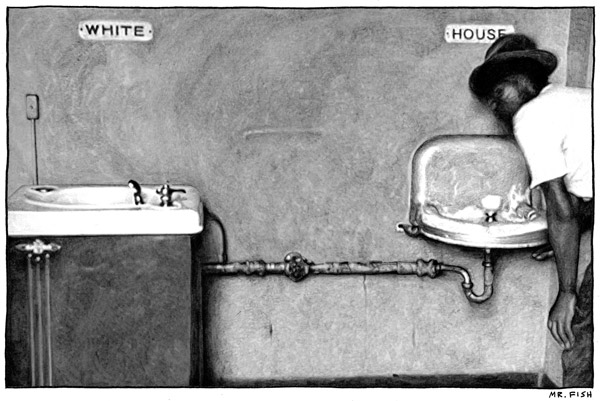

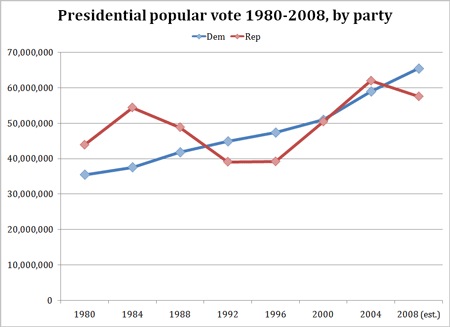
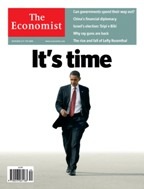
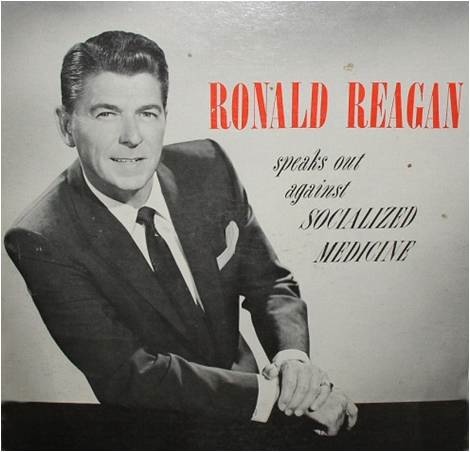


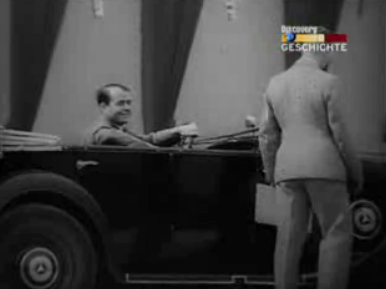
 Wired
Wired